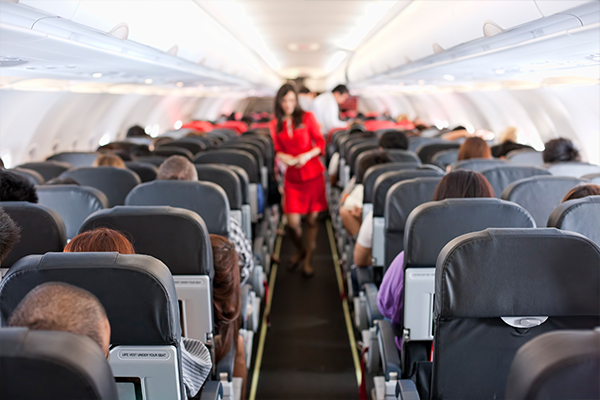Australians, who love travelling and can’t wait to go abroad after the country reopened, are spending more on international tourism than they did before the COVID-19 pandemic, banking industry figures show.
Customers of National Australia Bank (NAB) spent AU$46 million (US$31.98 million) on international flights, accommodation, car rentals, cruises, trains, and travel agencies in May, the biggest monthly spending in three years, according to credit card data from the bank.
Before the pandemic, international travel spending was AU $43 million in May 2019.
For many Australians it has been two years without international holidays, visiting overseas family, and celebrating major milestones like weddings, Paul Riley, NAB’s Everyday Banking executive, told a news media.
Between January and May 2022, NAB customers spent AU $157 million on international travel, an increase of nearly 600 percent from AU $23 million over the same period last year.
Australians are known for their love affair with seeing the world. They expect to see spending on overseas travel continue with the school holidays starting later this week and the European summer now underway, Riley said.
However, rising cost-of-living pressures and higher interest rates may have a negative impact on consumption.
Deloitte Access Economics predicted in its quarterly Retail Forecasts that retail spending will slow from the second half of 2022, with price rather than volume likely to be the main driver of retail turnover growth over the next few years.
The advisory group expects retail turnover growth to slow from 3.4 percent in FY2022/23 to 0.8 percent in FY2023/24, then slowly pick up to 1.2 percent and 1.8 percent in the next two fiscal years.
For now, though, businesses may need to look to ways to lower costs and reduce disruptions to operations to avoid losing competitiveness, Deloitte Access Economics partner David Rumbens said.
As more Australians travel abroad, the number of international tourists arriving in Australia is also increasing, despite visa applications facing serious delays.
According to Tourism Australia, 758,000 international tourists visited Australia in April, 92 percent fewer than in April 2019, but 940 percent more than in April 2021.
